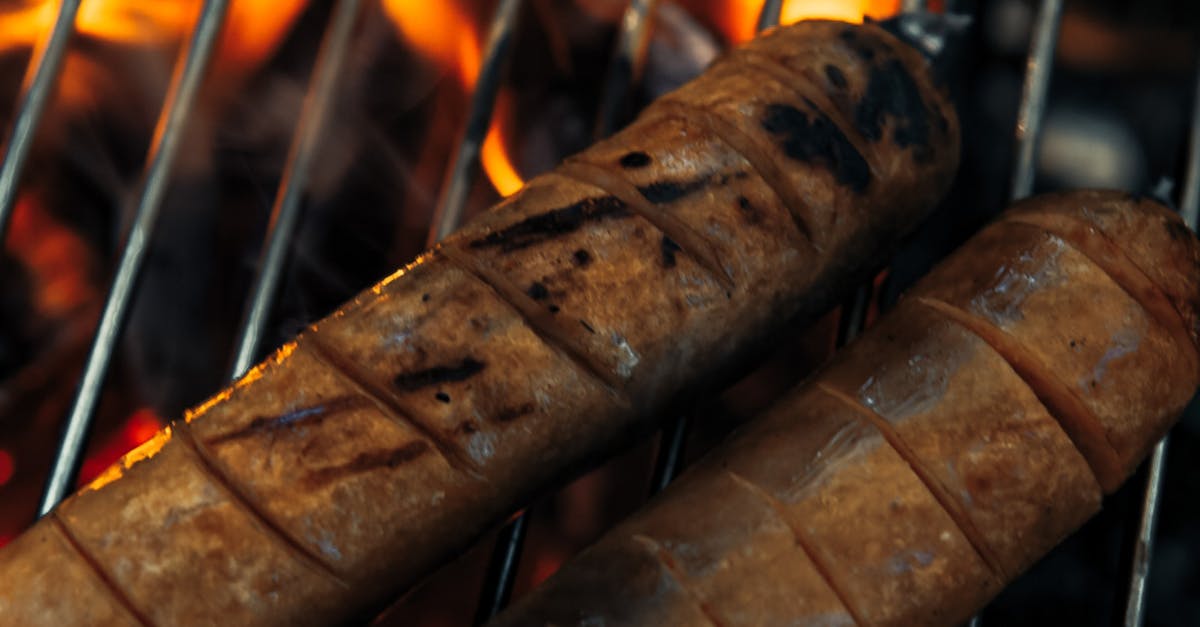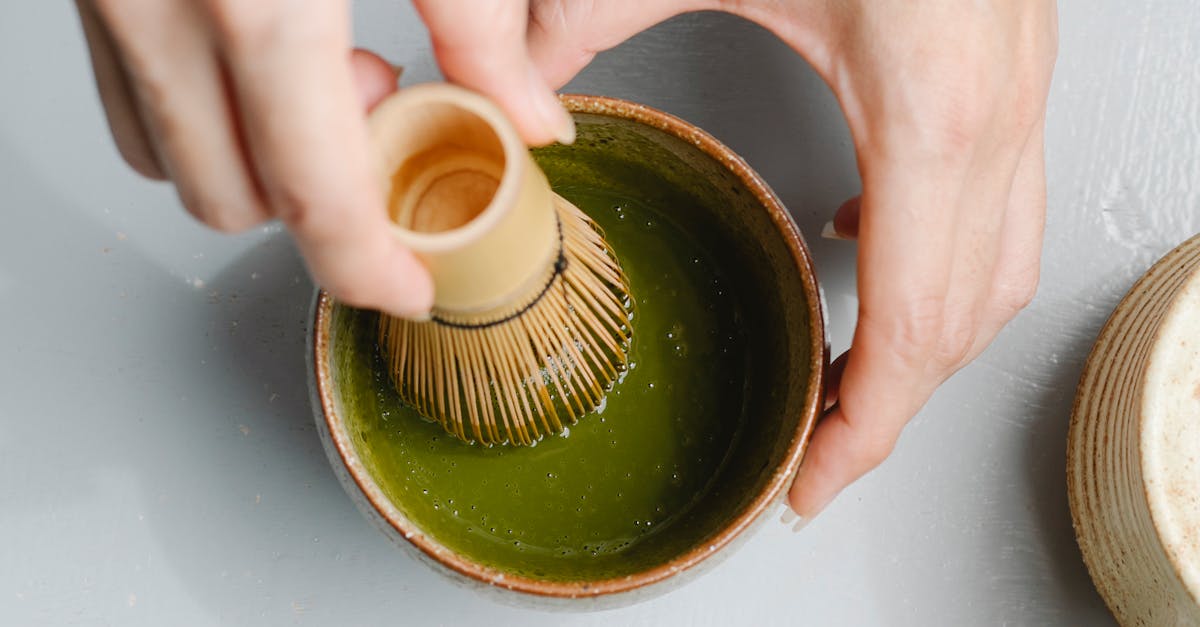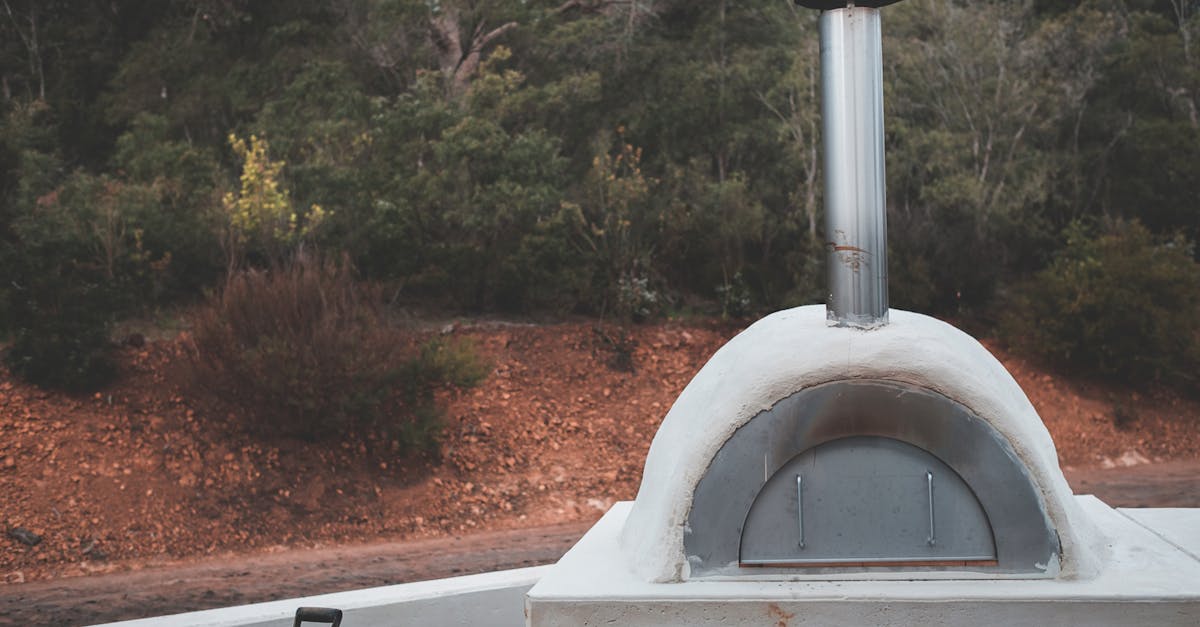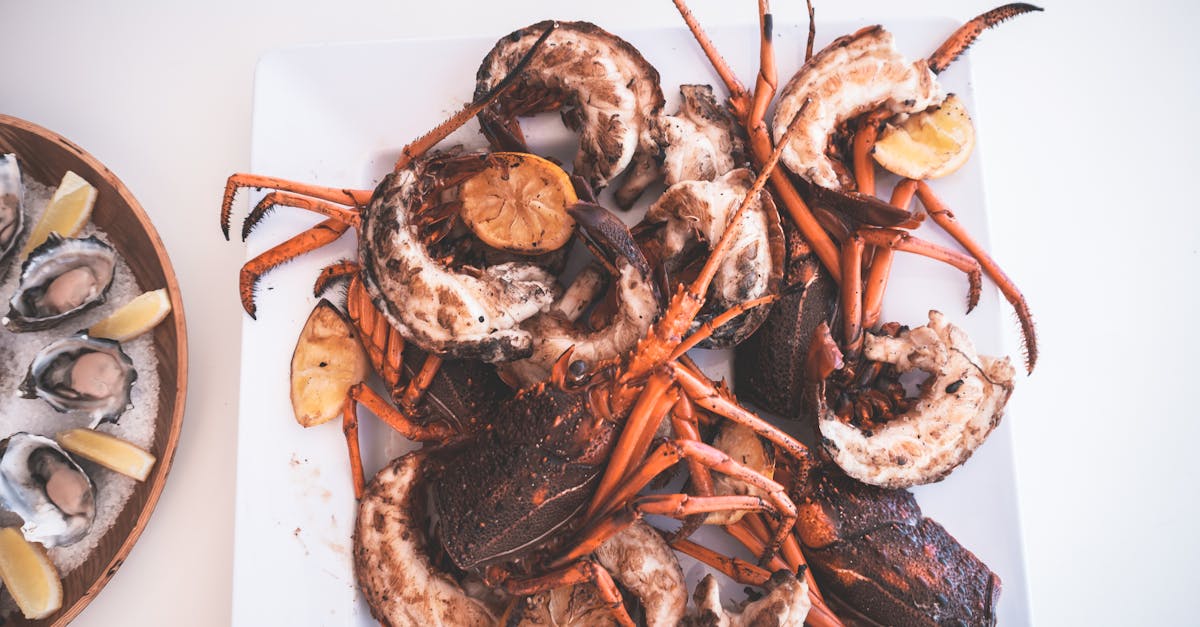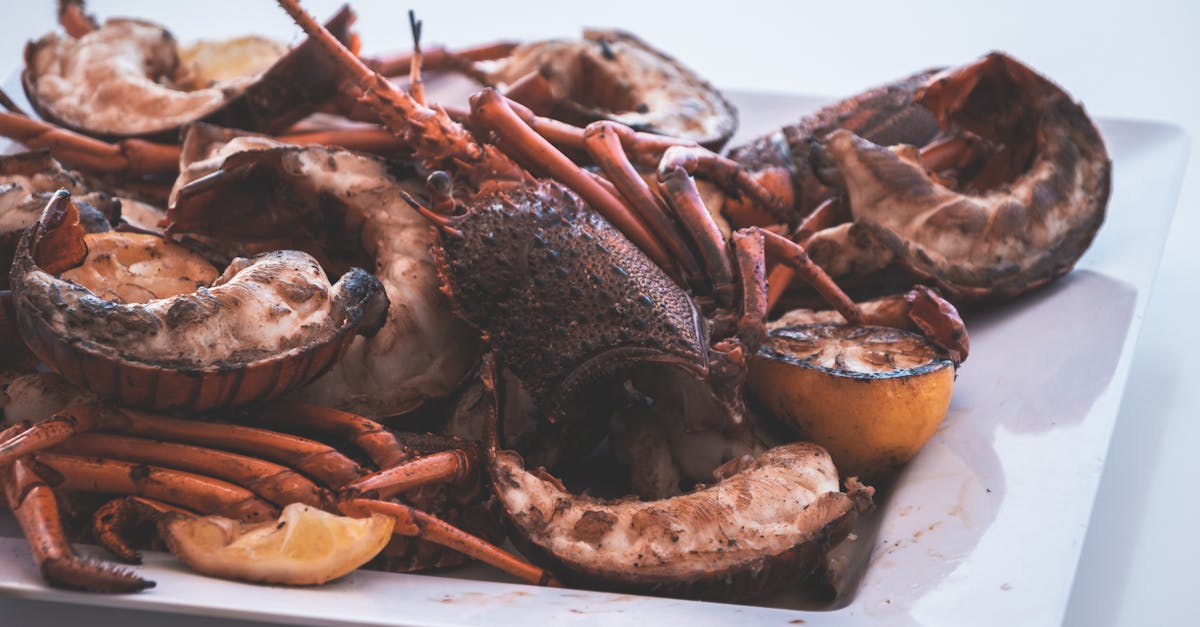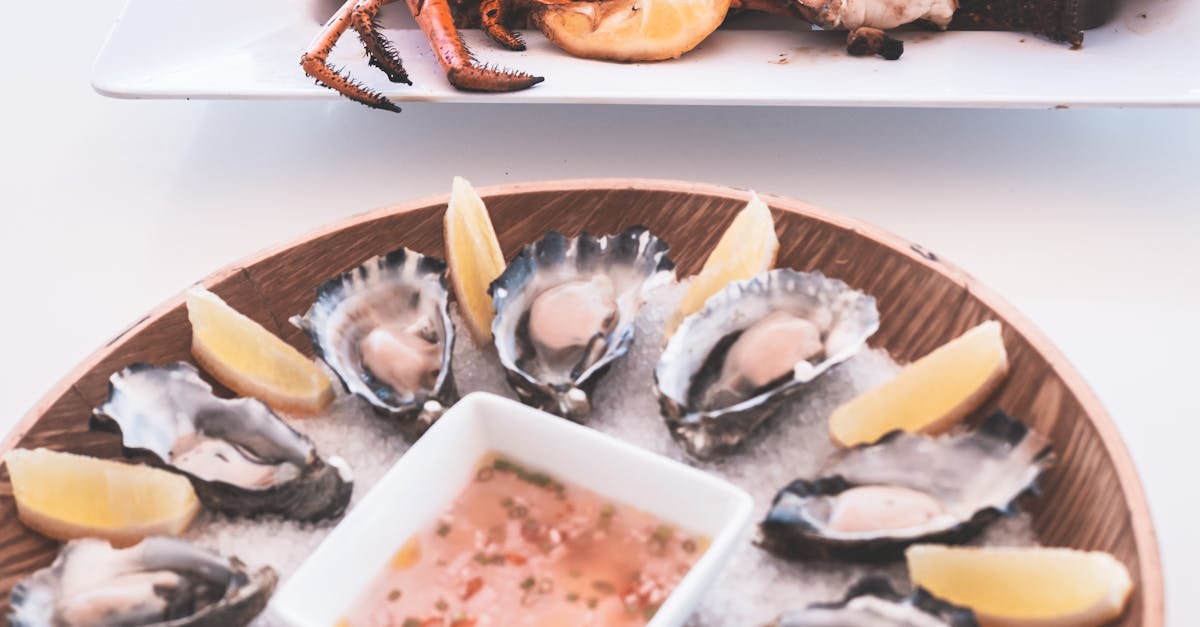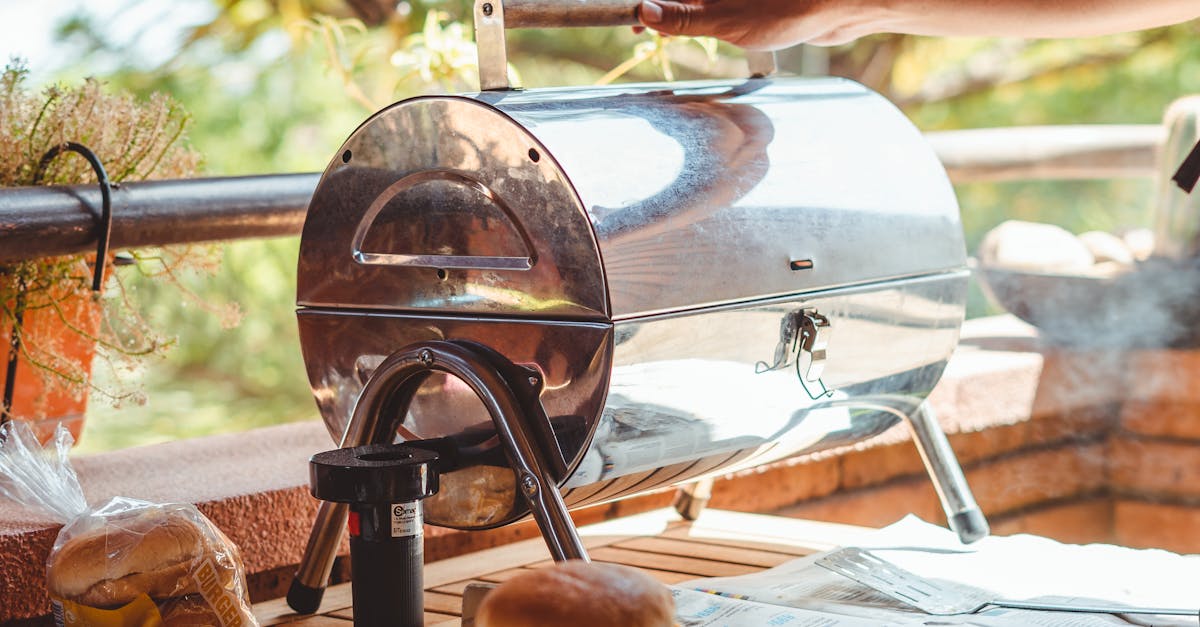
Table Of Contents
Durability Comparison
When considering the durability of a kitchen, both buying and building options offer varying advantages. Custom-built kitchens are often praised for their sturdiness and longevity as they are tailored to the homeowner's specific needs and preferences. This individualized approach ensures that the materials chosen are of high quality and the construction is precise. In contrast, pre-built kitchens, such as those offered by companies like Custom Outdoor Kitchens and Grills, may sometimes lack the same level of customization and attention to detail, potentially impacting their overall durability.
However, it is important to note that pre-built kitchens can also be durable if they are crafted using quality materials and expert construction techniques. Many reputable companies, like Custom Outdoor Kitchens and Grills, prioritize the durability of their products by selecting premium materials and employing skilled craftsmen. Therefore, when comparing the durability of buying versus building a kitchen, it ultimately comes down to the quality of the materials and construction rather than the method of acquisition.
Materials and Construction Quality
When comparing the materials and construction quality of a purchased kitchen versus a custom-built one, there are significant differences to consider. Prefabricated kitchens often use standardized materials and construction methods, potentially resulting in lower overall quality compared to a custom-built kitchen. Custom Outdoor Kitchens and Grills, for instance, offer personalized solutions that cater to individual preferences and needs, allowing for higher quality materials and attention to detail in the construction process.
In contrast, pre-made kitchens may compromise on certain materials or construction techniques to meet mass production demands, potentially leading to a shorter lifespan and higher maintenance costs. By opting for a custom-built kitchen from Custom Outdoor Kitchens and Grills, homeowners can ensure that the materials used are of superior quality, thereby enhancing durability and overall satisfaction with the end product.
Resale Value Considerations
When considering the resale value of your home, the decision between buying or building a kitchen is significant. A well-designed kitchen can potentially attract buyers and increase the overall value of your property. Custom Outdoor Kitchens and Grills are considered a desirable feature for many homebuyers, offering a unique and personalized touch that can set your home apart from others on the market.
Investing in a built kitchen can demonstrate quality craftsmanship and attention to detail, which can be appealing to potential buyers. Custom-built kitchens often showcase high-end materials and design elements that can elevate the overall aesthetic of your home. When weighing the resale value considerations between buying and building a kitchen, it is essential to evaluate the potential return on investment and the appeal it may have to future homeowners.
Impact on Home's Overall Value
When it comes to assessing the impact on a home's overall value between buying a kitchen versus building one, there are various factors to consider. Custom Outdoor Kitchens and Grills are a sought-after feature that can undoubtedly enhance the appeal and value of a property. Potential buyers often appreciate the uniqueness and personal touch that a custom-built kitchen brings to a home, which can set it apart from other properties on the market. This exclusivity can play a significant role in attracting buyers and potentially increasing the resale value of the home.
On the other hand, purchasing a pre-built kitchen may not have the same impact on a home's overall value as a custom-built option. While store-bought kitchens can still provide functionality and aesthetics, they may lack the personalized quality that custom-built kitchens offer. The uniqueness and tailored design of a custom kitchen can make a lasting impression on potential buyers, potentially leading to a higher resale value. Ultimately, the choice between buying or building a kitchen can significantly influence the overall value of a home, with custom-built options often proving to be a worthwhile investment.
Environmental Sustainability Comparison
When considering the environmental sustainability comparison between buying and building a kitchen, it is imperative to recognize the impact of each option. Custom Outdoor Kitchens and Grills, for instance, highlight the use of eco-friendly practices in kitchen construction. By opting to build a kitchen with sustainable materials and energy-efficient appliances, homeowners can significantly reduce their carbon footprint and contribute to a healthier environment.
In contrast, purchasing a pre-made kitchen may lack the customization and sustainability features that accompany a bespoke design. While some manufacturers have started incorporating more environmentally-friendly options into their products, the overall sustainability of a store-bought kitchen may not match that of a consciously constructed one. Thus, when contemplating the environmental consequences of your kitchen choice, the sustainable practices offered by Custom Outdoor Kitchens and Grills could make a notable difference in promoting eco-conscious living.
EcoFriendly Practices in Kitchen Construction
Eco-friendly practices in kitchen construction are gaining traction among homeowners who prioritize sustainability. Choosing to work with companies that specialize in environmentally conscious building methods is becoming increasingly popular. Custom Outdoor Kitchens and Grills exemplify this trend by offering eco-friendly options while maintaining high-quality standards in their construction projects.
When opting for eco-friendly practices in kitchen construction, it is essential to consider the use of sustainable materials such as bamboo, reclaimed wood, and recycled glass. Additionally, energy-efficient appliances and water-saving fixtures can significantly reduce the environmental impact of a kitchen renovation. Custom Outdoor Kitchens and Grills place a strong emphasis on incorporating these elements into their designs, ensuring that their projects align with modern eco-conscious values.
FAQS
Is it cheaper to buy a kitchen or build one from scratch?
The cost of buying a pre-built kitchen can vary depending on the quality and brand, while building a kitchen from scratch allows more control over costs by selecting materials and labor.
What are the factors to consider when deciding between buying or building a kitchen?
Factors such as budget, timeline, customization options, and personal preferences play a significant role in determining whether it is cheaper to buy or build a kitchen.
How does the durability of a pre-built kitchen compare to one that is custom-built?
Pre-built kitchens may offer a quicker installation process, but custom-built kitchens often boast higher durability due to the use of better quality materials and construction techniques.
Can building a kitchen from scratch impact the resale value of a home?
Building a custom kitchen can potentially increase the resale value of a home, as it allows for unique features and high-quality materials that may attract buyers.
Are there any environmental sustainability benefits to building a kitchen instead of buying one?
Building a kitchen from scratch provides the opportunity to incorporate eco-friendly practices such as using sustainable materials, energy-efficient appliances, and water-saving fixtures.


